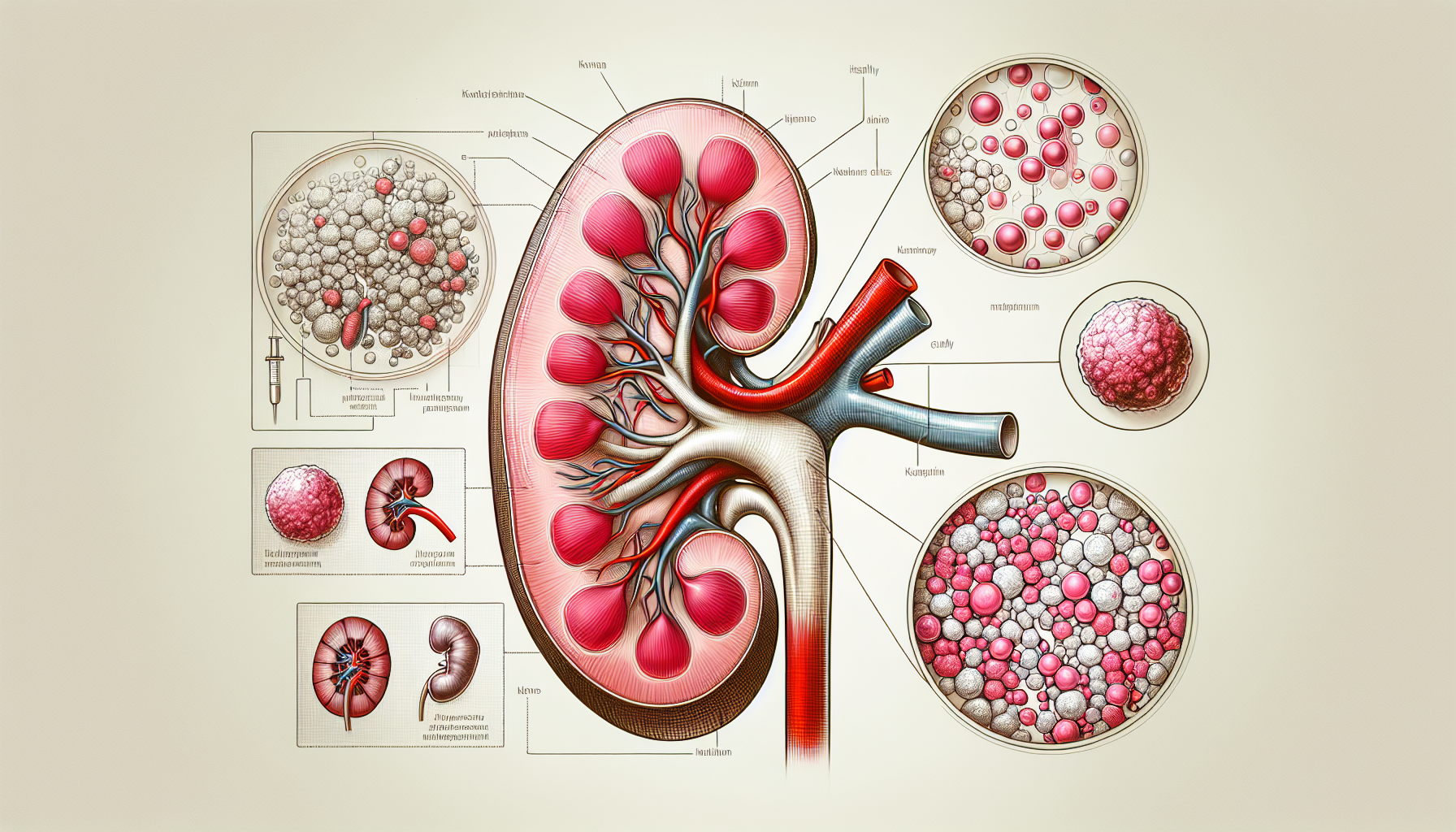New Test Reduces Severe Preterm Birth Risks by 18%, Study Finds
Key Takeaways
- The PreTRM® test can significantly reduce severe preterm birth risks.
- The AVERT PRETERM TRIAL has demonstrated statistically significant improvements in neonatal health outcomes.
- Sera Prognostics is continuing research with the ongoing PRIME study.
Did You Know?
Introduction to the AVERT Study
A recent study published in the medical journal Diagnostics has revealed promising results for a new test-and-treat strategy aimed at reducing severe preterm birth risks. The study, known as the AVERT PRETERM TRIAL, was conducted by Sera Prognostics Inc. at ChristianaCare in Wilmington, Delaware.
The study focused on the effectiveness of the PreTRM® test, which is designed to identify and address preterm birth risks in pregnant women. The results show a significant 18% reduction in severe neonatal morbidity and mortality.
Key Findings of the Study
The AVERT PRETERM TRIAL demonstrated that the PreTRM® test led to statistically significant improvements in both neonatal health outcomes and hospital stay lengths. The study's findings were based on a comprehensive analysis of various health metrics among pregnant women who participated in the trial.
Specifically, the results indicated a notable decrease in the likelihood of both preterm births and spontaneous preterm births at different stages of pregnancy. Additionally, there was an average reduction of 0.6 days in the length of neonatal intensive care unit (NICU) stay per pregnancy.
Impact on Maternal and Neonatal Health
The study’s principal investigator, Dr. Matthew Hoffman, highlighted the broader implications of these findings. He stated that the combination of biomarkers for spontaneous preterm birth risk and targeted preventive interventions could significantly mitigate preterm birth complications.
This is particularly important for low-risk pregnancies that historically have been considered less likely to experience preterm birth complications. The PreTRM® test allows for the early identification of at-risk pregnancies, enabling timely and effective interventions.
Future Prospects and Ongoing Research
According to Zhenya Lindgardt, President and CEO of Sera Prognostics, the publication of these results marks a significant milestone for the company. The findings reinforce the efficacy of the PreTRM® test-and-treat strategy in improving maternal and neonatal care while also reducing healthcare costs.
Sera Prognostics is continuing its research with the ongoing PRIME study, which also aims to validate the benefits of the PreTRM® test. The final results of this study are eagerly anticipated and could further substantiate the test's clinical value.
Conclusion
The publication of the AVERT PRETERM TRIAL results in the journal Diagnostics offers hope for improved maternal and neonatal health outcomes. The PreTRM® test has shown its potential to reduce severe preterm birth risks significantly.
This new approach could transform the management of preterm births, providing better health outcomes for mothers and newborns alike.
References
- Diagnostics Journalhttps://www.mdpi.com/journal/diagnostics
- Sera Prognosticshttps://www.seraprognostics.com
- ChristianaCare Health Systemhttps://christianacare.org






